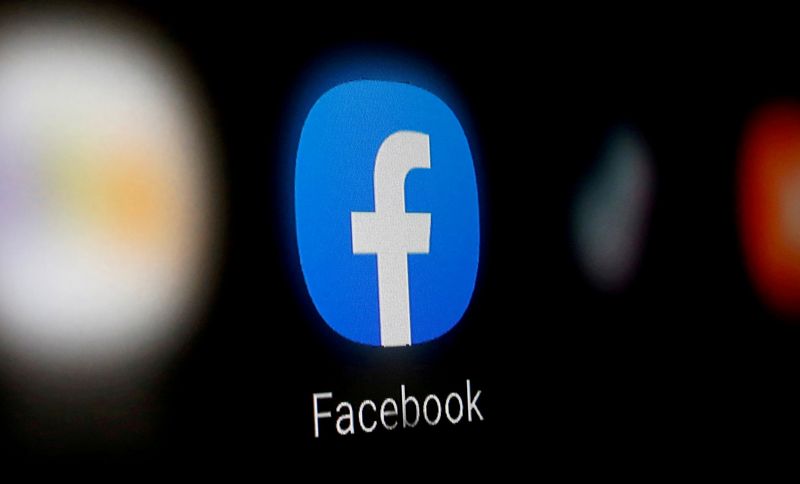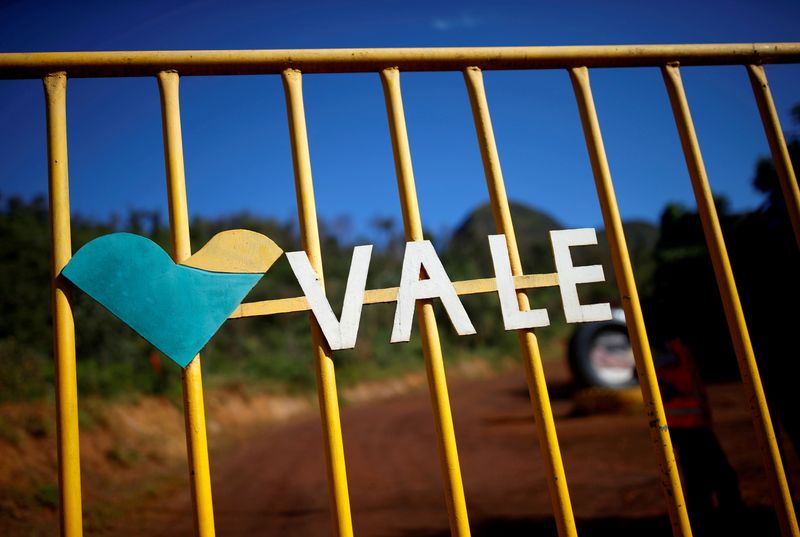
FILE PHOTO: A Facebook logo is displayed on a smartphone in this illustration taken January 6, 2020. REUTERS/Dado Ruvic/Illustration
October 19, 2021
By Sarah N. Lynch
WASHINGTON (Reuters) – Facebook Inc has agreed to pay up to $14.25 million to settle civil claims by the U.S. government that the social media company discriminated against American workers and violated federal recruitment rules, U.S. officials said on Tuesday.
The two related settlements were announced by the Justice Department and Labor Department and confirmed by Facebook. The Justice Department last December filed a lawsuit accusing Facebook of giving hiring preferences to temporary workers including those who hold H-1B visas that let companies temporarily employ foreign workers in certain specialty occupations. Such visas are widely used by tech companies.
Kristen Clarke, assistant U.S. attorney general for the Justice Department’s Civil Rights Division, called the agreement with Facebook historic.
“It represents by far the largest civil penalty the Civil Rights Division has ever recovered in the 35-year history of the Immigration and Nationality Act’s anti-discrimination provision,” Clarke said in a call with reporters, referring to a key U.S. immigration law that bars discrimination against workers because of their citizenship or immigration status.
The case centered on Facebook’s use of the so-called permanent labor certification, called the PERM program.
The U.S. government said that Facebook refused to recruit or hire American workers for jobs that had been reserved for temporary visa holders under the PERM program. It also accused Facebook of “potential regulatory recruitment violations.”
Facebook will pay a civil penalty under the settlement of $4.75 million, plus up to $9.5 million to eligible victims of what the government called discriminatory hiring practices.
“While we strongly believe we met the federal government’s standards in our permanent labor certification (PERM) practices, we’ve reached agreements to end the ongoing litigation and move forward with our PERM program,” a Facebook spokesperson said, adding that the company intends to “continue our focus on hiring the best builders from both the U.S. and around the world.”
The settlements come at a time when Facebook is facing increasing U.S. government scrutiny over other business practices.
Facebook this month faced anger from U.S. lawmakers after former company employee and whistleblower Frances Haugen accused it of pushing for higher profits while being cavalier about user safety. Haugen has turned over thousands of documents to congressional investigators amid concerns that Facebook has harmed children’s mental health and has stoked societal divisions.
The company has denied any wrongdoing.
In Tuesday’s settlements, the Justice Department said that Facebook used recruitment practices designed to deter U.S. workers such as requiring applications to be submitted only by mail, refusing to consider American workers who applied for positions and hiring only temporary visa holders.
The Labor Department this year conducted audits of Facebook’s pending PERM applications and uncovered other concerns about the company’s recruitment efforts.
“Facebook is not above the law,” U.S. Solicitor of Labor Seema Nanda told reporters, adding that the Labor Department is “committed to ensuring that the PERM process is not misused by employers – regardless of their size and reach.”
(Reporting by Sarah N. Lynch; Editing by Will Dunham)

